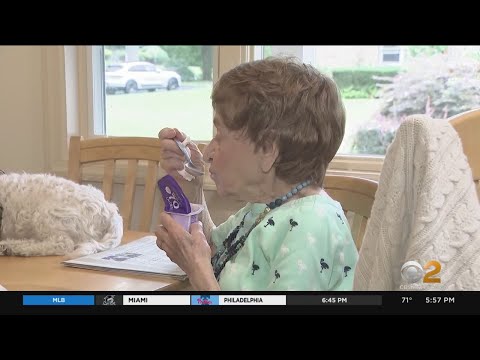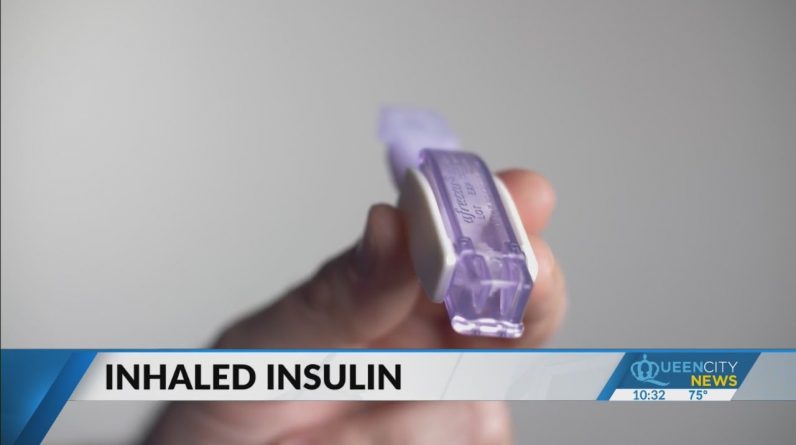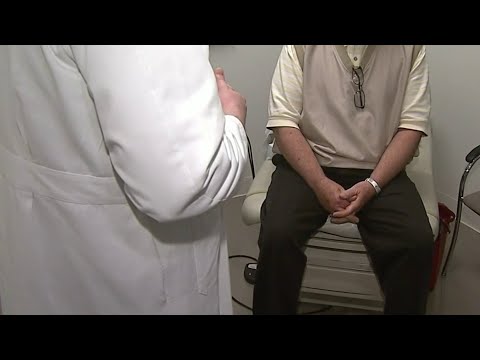Dr. Khurana says he can’t wait to work in collaboration with Indian and Pacific Active Researchers in this area to find solutions that would help the community.
Australian researchers based at the University of Monash have published an article entitled ”Signal Transduction and Tipented Therapy” in the Nature Journal which could lead to the regeneration of insulin in pancreatic stem cells. According to Diabetes Australia, this is the fastest disease in the country. Currently, 1.8 million Australians suffer from diabetes and 500 million have the disease worldwide. Diabetes Australia says that Australians must rethink diabetes.
“Each year, 700,000 people living with diabetes experience mental or emotional health challenges. It is because living with diabetes is not easy. It is not a choice. And there are no days off. The study is led by diabetes experts, Dr. Keith Al-Hasani, Professor Sam El-Osta, and Dr Ishant Khurana, of the Diabetes Monash department. Researchers have developed “a revolutionary method to regenerate insulin cells without the ethical concerns that are generally associated with embryonic stem cells.”
The University of Monash notes that their research “can lead to a potential treatment option for insulin diabetes which is diagnosed in seven Australian children every day. Leading to a life of testing blood sugar and daily injections of insulin, to replace insulin not produced by a damaged pancreas.”
Group 2021. L-R: Mr. Jairo Arturo Pinzon Cortes, Mme Mie Jensen, Dr Keith Al-Hasani, Dr Ishant Khurana, Professor Sam El-Osta, Dr Jun Okabe, Dr Scott Maxwell, Dr Harikrishnan Kaipananick.
Dr. Keith Al-Hasani, one of the authors of the research study, told ABC, that there are different forms of diabetes and it is a disease that requires incessant attention. “For type 1 diabetes, it is generally gifts when patients are children, up to five insulin injections per day are necessary because young people adjusted to the disease. Dr. al-Hasani adds that people with adults can administer up to 100 shots per month to manage the disease. Professor El-Osta observes that at the time an individual receives a diagnosis of type 1 diabetes, many of their pancreatic beta cells, which produce insulin, have been completely destroyed.” He adds:
“Patients are counting on daily insulin injections to replace what would have been produced by the pancreas. Currently, the only other effective therapy requires transplantation of pancreatic islets and although this has improved the health results of people with diabetes, transplantation is based on organ donors, so it has generalized use limited.”
Dr Ishant Khurana
Co-author D







